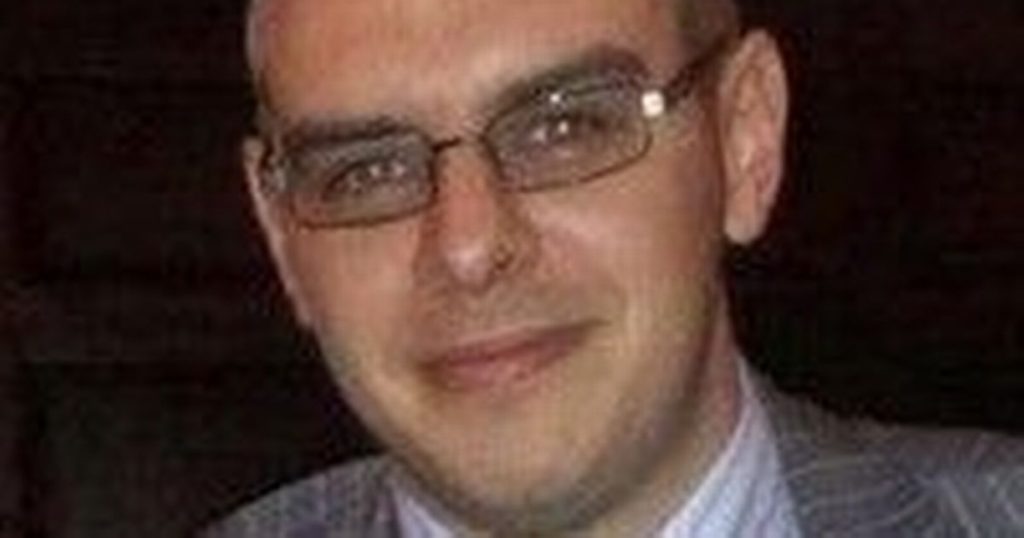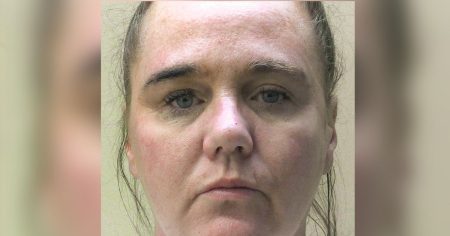Laurence Hearldon, a senior managing clerk at a wholesale fashion company in Cheetham Hill, was convicted of fraud after siphoning off more than £330,000 from the firm’s funds into his personal accounts over a nearly three-year period. He was described as a ‘liked’ and ‘trusted’ employee who began stealing to pay off debt but then used the money to purchase a Range Rover and a holiday home in Blackpool. Hearldon was sentenced to three years in prison after pleading guilty to the offence of committing fraud by abusing his position. The judge noted that the purchases he made with the stolen money were evidence of his greed for a lifestyle beyond his means.
Hearldon was promoted to the role of senior managing clerk after joining the firm in 2014 and was involved in all areas of the company’s finances, which had a turnover in the tens of millions annually. The fraud was uncovered during an audit in 2021, which raised concerns about discrepancies in the company’s finances. Hearldon initially tried to explain the discrepancies but later confessed to making 140 fraudulent transactions using the company’s PayPal account. He was dismissed from his position and later admitted to police that he had been in debt and started stealing small amounts which escalated when he lost control. He has since paid back £43,000 of the stolen money.
During the court proceedings, Hearldon’s defense lawyer appealed for a non-custodial sentence, stating that he had found other employment in manual labor and was deeply ashamed of his actions. The defense described Hearldon as a hard worker who had succumbed to greed and wanted to make amends for his wrongdoing by contributing back to the community. However, the judge deemed the offense too serious for anything other than an immediate prison sentence. Hearldon, from Salford, Greater Manchester, will serve half of his three-year sentence behind bars for his acts of fraud, which the judge found to be motivated by greed and a desire for a lifestyle beyond his means.
The case of Laurence Hearldon highlights the risks of fraud within companies, even by employees who are considered liked and trusted. Despite initial success and the trust placed in him by his employers, Hearldon’s actions ultimately led to criminal charges and a prison sentence. The case serves as a reminder of the importance of financial oversight and controls within organizations to prevent similar incidents from occurring. It also underscores the consequences of greed and dishonesty, which can have far-reaching impacts on individuals, families, and communities. Hearldon’s downfall serves as a cautionary tale for others in positions of financial responsibility to act with honesty and integrity to avoid the severe legal and personal consequences of fraudulent behavior.















